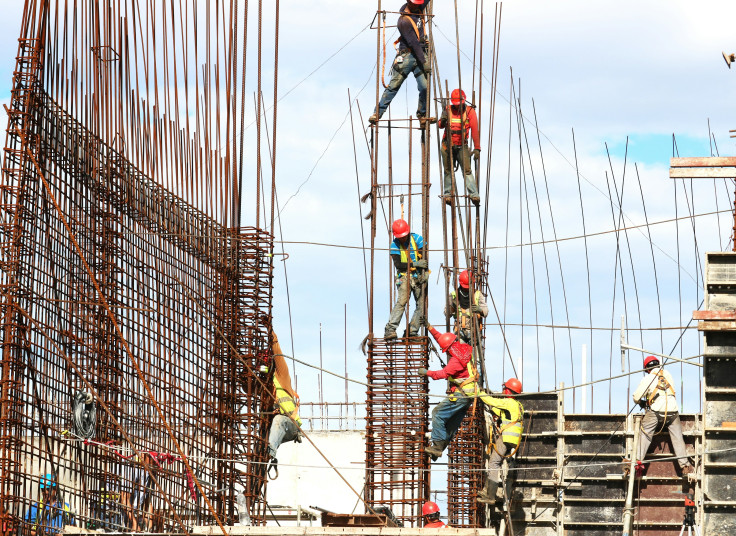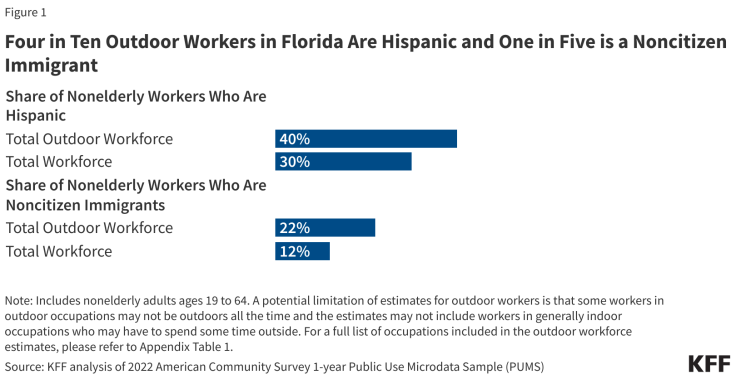
Construction and farmworkers in Florida protested against a newly enacted law that prevents cities and counties from implementing their own protections against extreme heat. The law disproportionately impacts Latino workers, who make up a large proportion of outdoor workers.
The legislation, known as House Bill 433, forbids local authorities from mandating that employers provide their employees with, for example, water breaks or advance notice of their work hours.
"For counties and cities to basically be handcuffed and be unable to implement basic protections is incredibly cruel,"Esteban Wood, policy director of WeCount!, an organization in South Florida made up of farm, plant nursery, and construction workers, told Fox13.
"And it's incredibly dangerous as a public policy issue," he added. At least 344 workers died from heat exposure from 2011 to 2019, according to the latest numbers from the Bureau of Labor Statistics, according to an article by NBC News.
There are currently no federal regulations in place to safeguard outdoor workers across the country from extreme heat and humidity.
This can become increasingly dangerous as temperatures continue to rise globally. March 2024 marked the hottest March on record, extending a streak of setting all-time highs for the 10th consecutive month. In 2023, Florida saw its warmest year since 1895, with surface temperatures reaching as high as 177 degrees Fahrenheit in certain areas,
Latinos, who comprise the second-largest racial and ethnic group in Florida at 27% of the population, are among the most affected populations by the heat. "Hispanic and noncitizen immigrant workers make up disproportionate shares of outdoor workers who will be impacted by the law," a report by KFF showed.
Latinos account for 40% of the adult workforce, whereas they make up only 30% of the total nonelderly adult workforce, according to KFF's analysis of 2022 American Community Survey 1-year Public Use Microdata Sample (PUMS).
The study also shows that noncitizen immigrants represent nearly double the proportion of outdoor workers in transportation, outdoor cleaning, construction, and agriculture compared to their representation in the overall workforce (22% versus 12%).

On Sunday's demonstration, Yesica Ramirez, of the Farmworker Association of Florida, said that, "with HB 433, our hands are completely tied; our community already has many rights violations in this type of work, [and] there are already many fears, and because of this law passed - the anti-immigrant law - people are afraid to speak."
© 2024 Latin Times. All rights reserved. Do not reproduce without permission.
